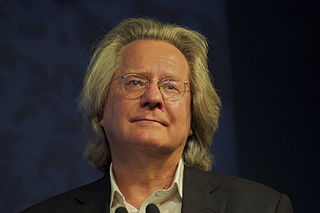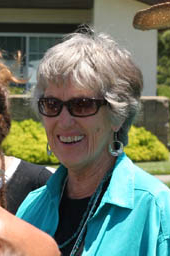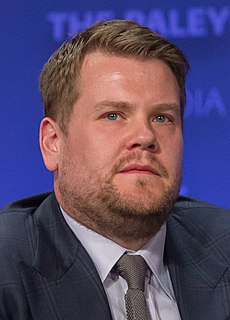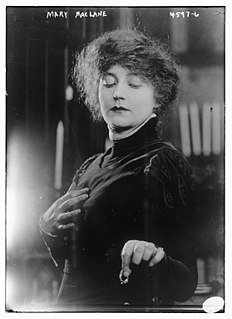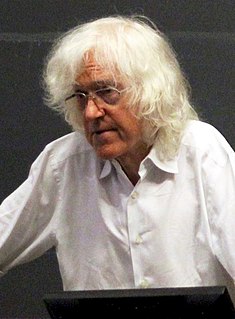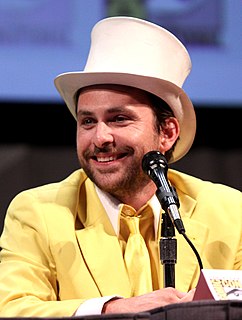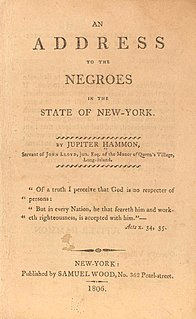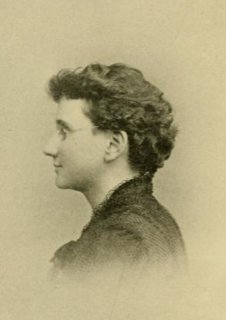A Quote by A.C. Grayling
Future generations may or may not judge Wittgenstein to be one of the great philosophers. Even if they do not, however, he is sure always to count as one of the great personalities of philosophy. From our perspective it is easy to mistake one for the other; which he is time will tell.
Related Quotes
It doesn't help anyone to judge their happiness or career by looking at where others may or may not be. Dad said it best: 'All the time you're looking left and right at other people, you're neglecting what's in front of you.If you focus on looking straight ahead, you can take the odd glance at the future.' He's got a way of saying things sometimes that just puts everything into perspective.
Even where the affections are not strongly moved by any superior excellence, the companions of our childhood always possess a certain power over our minds which hardly any later friend can obtain. They know our infantine dispositions, which, however they may be afterwards modified, are never eradicated; and they can judge of our actions with more certain conclusions as to the integrity of our motives.
It is not enough to ask, 'Will my act harm other people?' Even if the answer is No, my act may still be wrong, because of its effects on other people. I should ask, 'Will my act be one of a set of acts that will together harm other people?' The answer may be Yes. And the harm to others may be great. If this is so, I may be acting very wrongly, like the Harmless Torturers.
I am absolutely certain that generations from now, we will be able to look back and tell our children that this was the moment when we began to provide care for the sick and good jobs to the jobless; this was the moment when the rise of the oceans began to slow and our planet began to heal; this was the moment when we ended a war and secured our nation and restored our image as the last, best hope on earth. This was the moment - this was the time - when we came together to remake this great nation so that it may always reflect our very best selves and our highest ideals.
Conservatives shouldn't count on the Supreme Court to do our work for us on Obamacare. The Court may rule as it should, and strike down the mandate. But it may not. And even if it does, the future of health care in America - and for that matter, the future of limited government - depends ultimately on the verdict of the American people.
Our generation may stand at a crucial breakpoint in history, for we in the presently affluent nations may be the last who can afford to open up the high frontier. What we do during the next ten or twenty years may determine whether future generations will live in a humane and rewarding society, or whether they will spend their lives in desperate contention for the dwindling sustenance afforded by our limited terrestrial resources.
